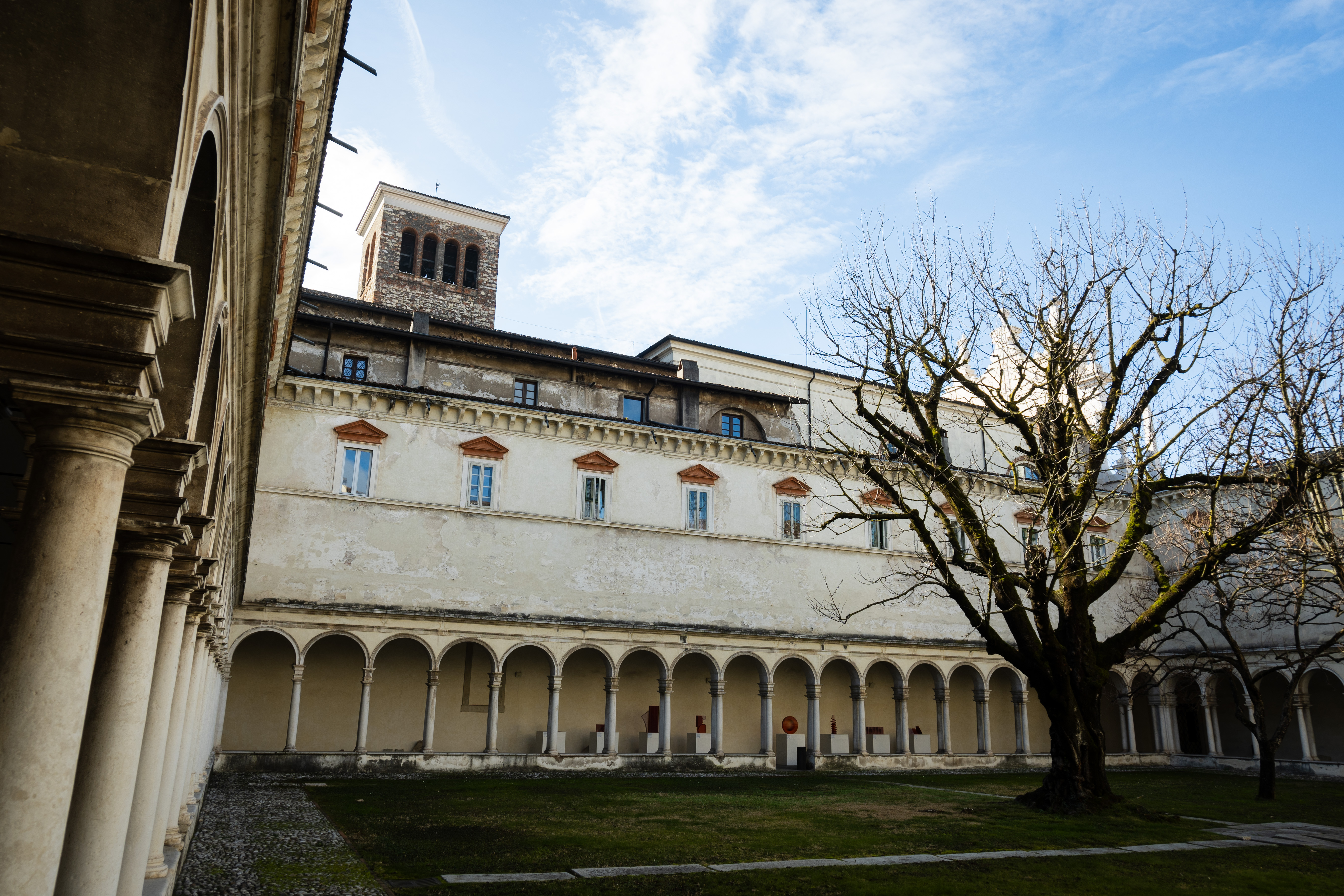Distributionally robust chance-constrained Markov decision processes – 21.3.2024
Distributionally robust chance-constrained Markov decision processes - 21.3.2024

Prof. Abdel Lisser, Université de Paris Saclay, Paris
Chair: Prof. Giorgia Oggioni, University of Brescia
When: Thursday, March 21st, 2024, 3:00 PM
Where: Aula D5, Brixia Building and Google Meet
Markov decision process (MDP) is a decision making framework where a decision maker is interested in maximizing the expected discounted value of a stream of rewards received at future stages at various states which are visited according to a controlled Markov chain. Many algorithms including linear programming methods are available in the literature to compute an optimal policy when the rewards and transition probabilities are deterministic. In this talk, we consider an MDP problem where either the reward vector or the transition probability vector is a random vector. We formulate the MDP problem using distributionally robust chance-constrained optimization framework. As an application, we study a machine replacement problem and perform numerical experiments on randomly generated instances.
Locandina dell'evento

Prof. Abdel Lisser, Université de Paris Saclay, Paris
Chair: Prof. Giorgia Oggioni, University of Brescia
When: Thursday, March 21st, 2024, 3:00 PM
Where: Aula D5, Brixia Building and Google Meet
Markov decision process (MDP) is a decision making framework where a decision maker is interested in maximizing the expected discounted value of a stream of rewards received at future stages at various states which are visited according to a controlled Markov chain. Many algorithms including linear programming methods are available in the literature to compute an optimal policy when the rewards and transition probabilities are deterministic. In this talk, we consider an MDP problem where either the reward vector or the transition probability vector is a random vector. We formulate the MDP problem using distributionally robust chance-constrained optimization framework. As an application, we study a machine replacement problem and perform numerical experiments on randomly generated instances.
